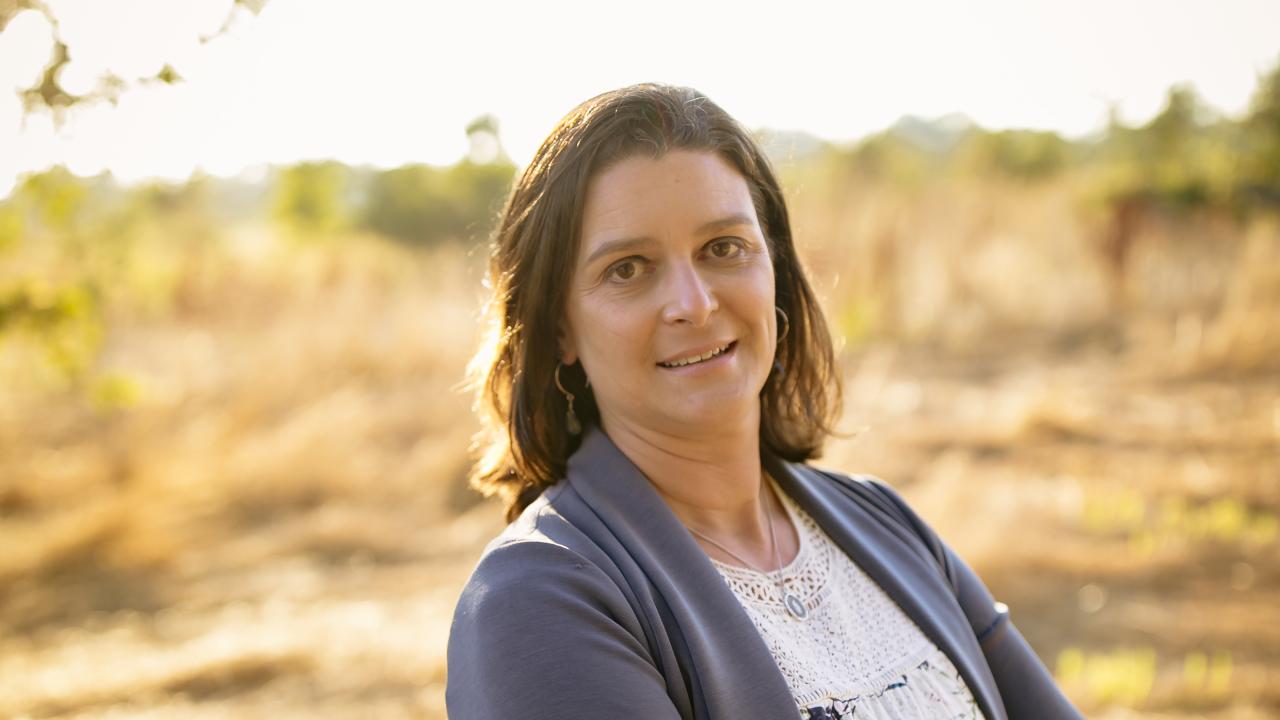
Faculty Spotlight- Dr. Tessa Hill
I am currently a Professor in Earth and Planetary Sciences, and the Associate Vice Provost for Academic Programs in Public Scholarship & Engagement at UC Davis. I grew up in Tacoma, Washington and then graduated with a B.S. in Marine Science from Eckerd College (1999) and a Ph.D. in Marine Science from UC Santa Barbara (2004). I am part of the Bodega Ocean Acidification Research (BOAR) group at Bodega Marine Laboratory, which aims to understand the impact of ocean acidification on marine species and West Coast communities. I also really appreciate partnerships outside of UC Davis - including an industry-academic partnership to understand the consequences of ocean acidification on shellfish farmers on the Northern California coast, and work with nonprofit conservation groups to help understand and protect our coast and ocean. I've enjoyed working on some policy and management relevant efforts, including as an author on California's Fourth Climate Change Assessment, a regular (returning) author on California's Indicators of Climate Change reports, and a current Technical Advisory Panel member for California's 30x30 process.
What class(es) do you teach?
I typically teach in the Oceanography series that is offered by Earth & Planetary Sciences. I often teach the summer Biological Oceanography class that is offered at Bodega Marine Laboratory, and depending upon the year I also sometimes teach upper or lower division general oceanography courses or a graduate level oceanography course (GEL 232: Oceans and Climate Change). I have been in an administrative appointment for 4 years, so I haven't been teaching as much as before.
What are your research interests and current goals?
My research focuses on climate change impacts to coastal environments, in the past, present and future. I primarily work on the California coast, although I have worked around the world. Key research areas in my lab right now include 1) understanding coastal habitats as a climate change solution, via their role in carbon sequestration, 2) investigating the past history of coastal change via paleoclimate records, and 3) understanding the impact of ocean acidification and hypoxia on the U.S. west coast. I also recently published a book, At Every Depth, that tells stories of human connection to the ocean and how people are tracking and responding to the vast changes happening today.
What made you decide to become involved in the EPM program?
I really appreciate being involved in the EPM program. I have always worked really hard to connect my research to decision makers, including managers, conservation groups, and those working on sustainable seafood. I think the EPM program trains students to think about how science connects to decisions, and we have a lot of really important decisions to make about the environment!
Do you have any advice for incoming or prospective EPM students?
For new students: Welcome to the program. The staff and faculty involved in the program are exceptional. Take advantage of this network of people who are invested in your success. Connecting regularly with your advisor is critical, but you can also reach out to other faculty in the program (or outside of the program) as your interests develop.
If you weren't a UCD faculty member, what would you be doing?
This is such a good question. I have so many interests that it is hard to answer this. Working in academia is such a joy and a gift - but I never felt that it was the only thing I could do. I hope you can explore all of your varied interests while at UC Davis!
